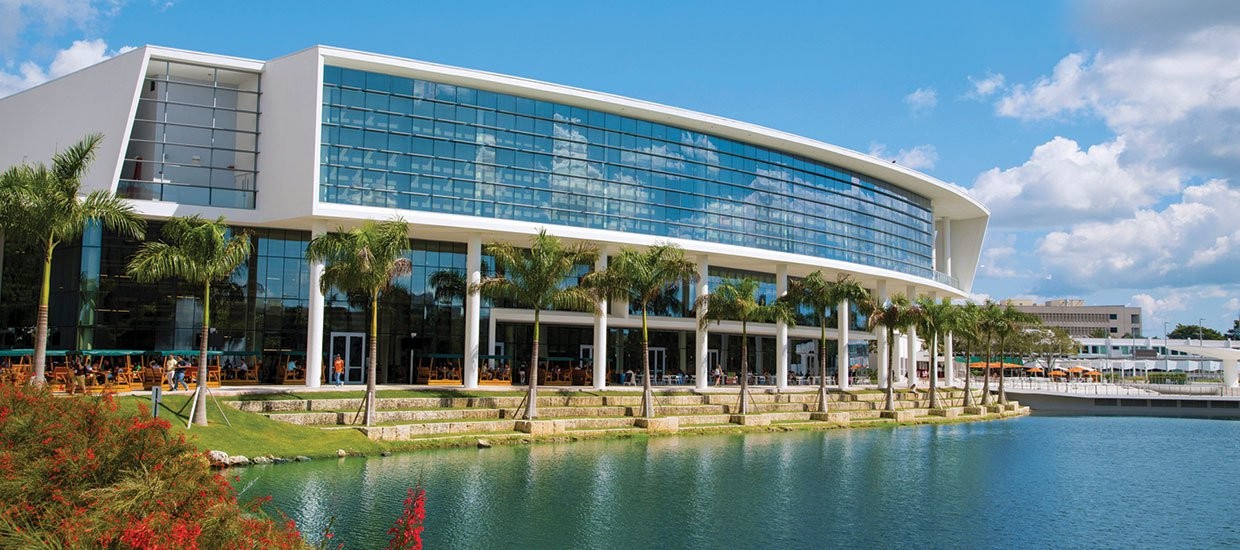University of Miami: Courts are in ‘new territory’ as election challenges, litigation mount
Even before election day, more than 100 challenges had been filed targeting rules for mail-in voting, early voting, voter access, voting machines, voting registration, the counting of mismarked absentee ballots, and access for partisan poll watchers.
The unprecedented number of election-related filings poses problems for the courts and pending decisions before the U.S. Supreme Court may further undermine federal and state courts’ powers to oversee the election process, according to University of Miami School of Law professors Frances Hill and Anthony Alfieri.
Both professors are Dean’s Distinguished Scholars. Hill teaches courses in election law, and Alfieri is also the director of the school’s Center for Ethics and Public Service.
“The politicians do have a right to go to court if there is credible evidence that things are being improperly done or a serious reasonable question that something has been improperly done,” said Hill. “They do not have a right to go to court without credible evidence or because they want to slow something down or generate press coverage.”
Hill, a constitutional law expert, pointed to a “historical lack of clarity” regarding elections written into the Constitution as a major contributor to the increased litigation, which has been exacerbated by the current political landscape.
“The Founding Fathers were not very clear on what constituted an election,” Hill said. “They did not want everybody voting. They wouldn’t have thought that the poor should be voting, for example. Many did not consider slaves to be human beings; and even after the Civil War, they were reluctant to enact the 15thAmendment granting freed male slaves the right to vote.”
The U.S. Supreme Court played a central role in undermining claims for equal treatment, she added.
Hill noted that members of the Senate were chosen by state legislators until early in the 20th century and emphasized the long struggle of women to be granted the right to vote.
“So, the reality of voting in this country has always been far more problematic than we would like to think,” said Hill, whose own ancestors were active participants in the suffragist movement that resulted in the 19th Amendment.
Alfieri, in recognizing “the unprecedented explosion of litigation” that has spiraled over the past few years surrounding the 2020 election, emphasized two main considerations: The inherent powers of federal and state courts and the regulatory and statutory powers of federal and state courts to supervise the conduct of parties, litigants, and their lawyers in litigation.
“It’s a mix of the judicial branch’s institutional and statutory powers to regulate its own affairs, including managing its docket and supervising the conduct of litigants,” he said.
Apart from the institutional oversight, Alfieri pointed to the duties and responsibilities of self-regulation that lawyers, in the legal field and just as in professional areas, are obliged to observe and honor.
He highlighted two overarching principles with regard to self-regulation: good faith and candor and honesty.
“First, good faith—particularly in the context of election challenge litigation as an officer of the court, state or federal—and second, in that functioning as an officer of the court, the duty of candor and honesty and fair representation to courts,” he explained.
The duties to bring only non-frivolous, factual, and legal claims derive from these rules of professional conduct in every state, and they speak to the role and function of lawyers as officers of the court, he said.
The threshold of evidence required of someone filing an election challenge are complex.
“Whether or not an individual or group can mount sufficient evidence to establish standing is both a constitutional and doctrinal inquiry that turns in part on injury and whether that injury is traceable to some unlawful conduct and whether that injury is redressable by federal and state courts,” said Alfieri.
The American Bar Association, specialized bar associations, and state bar associations such as The Florida Bar not only license lawyers, but they are also ultimately responsible for regulating lawyer conduct and enforcing rules of professionalism through disciplinary prosecutions, Alfieri pointed out.
In the wake of the 63 court cases relating to the last election that were all dismissed for lacking evidence and facing the current increase in challenges, he called for lawyers as individuals and the regulatory institutions to exercise more integrity and authority.
“Lawyers in Florida and elsewhere need to stand up and honor the best traditions of the professions,” Alfieri said. “Those traditions demand not only candor and good faith, but also an independent cast of minds in deciding whether to bring litigation that may prove to be frivolous and sanctionable.
“Second, bar associations need to redouble their efforts to regulate litigation misconduct in the field of frivolous election challenges. And third, federal and state courts need to be more robust in exercising their sanction powers not only to punish but also to deter frivolous election challenges,” Alfieri added.
Hill worried about the impact on courts for the growing number of challenges already presented, yet said she was even more concerned by a case that has moved to the Supreme Court. That case, which was presented in June and is now on the highest court’s docket, could change the way elections for Congress and the presidency are conducted, handing more power to state legislatures and blocking state courts from reviewing voting procedures and results, according to the constitutional expert.
“We are in new territory now,” Hill said. “And so going to court may not be as definitive as it once was if one can say that state legislatures have this authority that a court cannot overrule. I’m not confident of any predictions about the future, including what’s likely to happen tomorrow. It really is a very difficult time,” Hill said.

